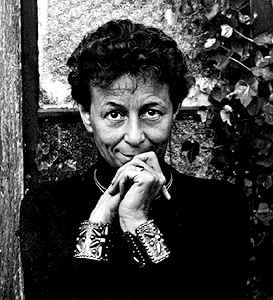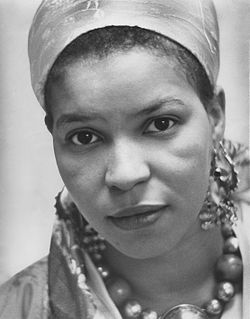A Quote by Wilhelm Reich
The question of how and why the encrustations and rigidifications of human emotional life are brought about led directly into the realm of vegetative life.
Related Quotes
Although the constellations in which I have found myself - and naturally also the periods of life and their different influences - have led to changes and development in the accents of my thought, my basic impulse, precisely during the Council, was always to free up the authentic kernel of the faith from encrustations and to give this kernel strength and dynamism. This impulse is the constant of my life ... what's important to me is that I have never deviated from this constant, which from my childhood has molded my life, and that I have remained true to it as the basic direction of my life.
I like to question the minutia, to get to the essence of things. The minutia of life is all about design. It's about the design of how you talk to another human being; it's the design of speech; it's the design of everything we do. We need to be better at listening, and we need to aim more directly at understanding and being understood.
...we ask: Why suicide? We search for reasons, causes, and so on.... We follow the course of the life he has now so suddenly terminated as far back as we can. For days we are preoccupied with the question: Why suicide? We recollect details. And yet we must say that everything in the suicide's life- for now we know that all his life he was a suicide, led a suicide's existence- is part of the cause, the reason, for his suicide.
For me, the creation of a photograph is experienced as a heightened emotional response, most akin to poetry and music, each image the culmination of a compelling impulse I cannot deny. Whether working with a human figure or a still life, I am deeply aware of my spiritual connection with it. In my life, as in my work, I am motivated by a great yearning for balance and harmony beyond the realm of human experience, reaching for the essence of oneness with the Universe.
The real question today is not when human life begins, but, what is the value of human life? The abortionist who reassembles the arms and legs of a tiny baby to make sure all its parts have been torn from its mother's body can hardly doubt whether it is a human being. The real question for him and for all of us is whether that tiny human life has a God-given right to be protected by the law - the same right we have.
I'm committed to the idea that one of the few things human beings have to offer is the richness of unconscious and conscious emotional responses to being alive. ... The kind of esteem that's given to brightness/smartness obliterates average people or slow learners from participating fully in human life, particularly technical and intellectual life. But you cannot exclude any human being from emotional participation.
What is there to understand? The significance of life? How long will it take to understand the significance and the meaning of life? 20 years? 30 years? And the same question will be here in another 20 years, I guarantee you. Until you stop asking that question. When that question is not there, you are there. So that's the reason why you keep asking the question: you do not want the question to come to an end. When that comes to an end, there will not be anybody, left there, to find out the meaning, the purpose and the significance of life.




































